When people who aren’t very familiar with technology hear ‘blockchain,’ they often think it’s just another term for Bitcoin or Ethereum. However, Blockchain technology’s potential stretches far beyond digital currencies. As industries worldwide evolve and cryptocurrencies become more and more popular, blockchain is being leveraged in innovative ways, revolutionizing how businesses operate across various sectors. Below, we explore some of the most impactful blockchain applications outside of cryptocurrencies that are gaining traction in 2024.
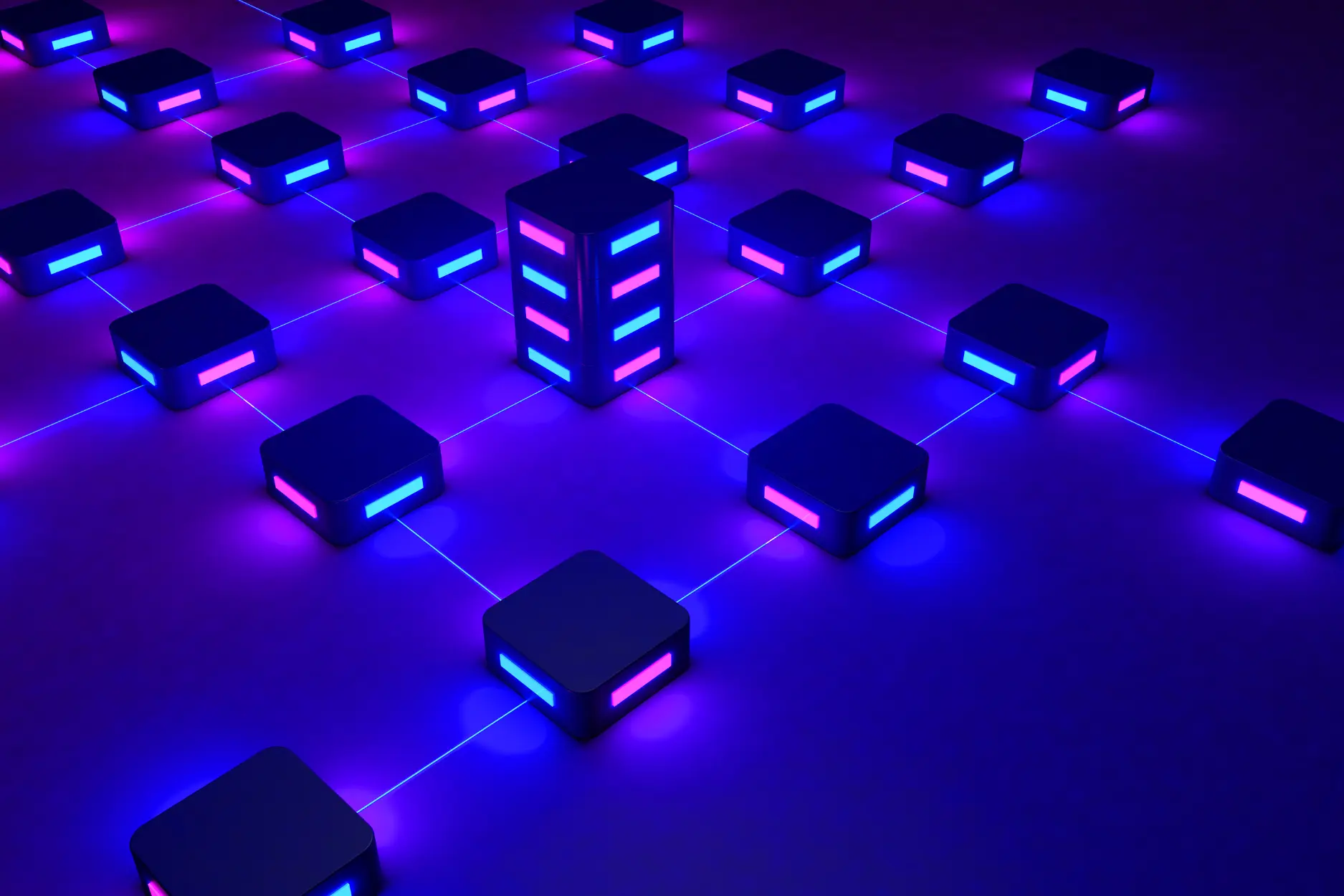
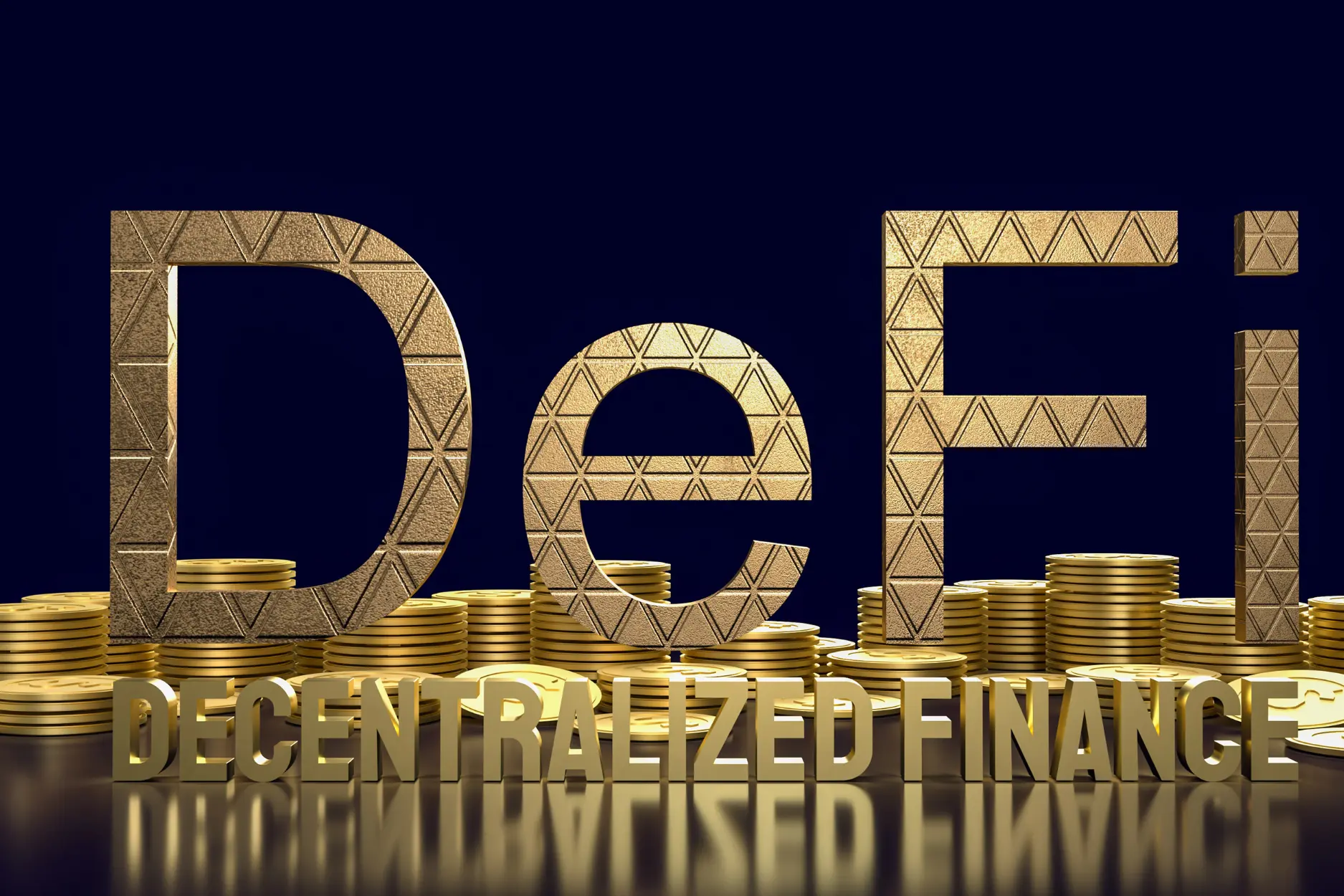
1. Supply Chain
One of the most prominent uses of blockchain technology is in enhancing supply chain transparency. By allowing real-time tracking and tracing of goods, blockchain ensures that every step of a product’s journey—from raw material to final consumer—is documented on a secure, decentralized ledger. This concept is especially invaluable for industries such as food, pharmaceuticals, and luxury goods, where the product authenticity and regulatory compliance are crucial.
For example, Walmart has implemented blockchain to trace the origin of food products, ensuring safety and quality standards are met. Similarly, companies like IBM have developed blockchain platforms like the IBM Food Trust, which offers end-to-end visibility in the food supply chain.
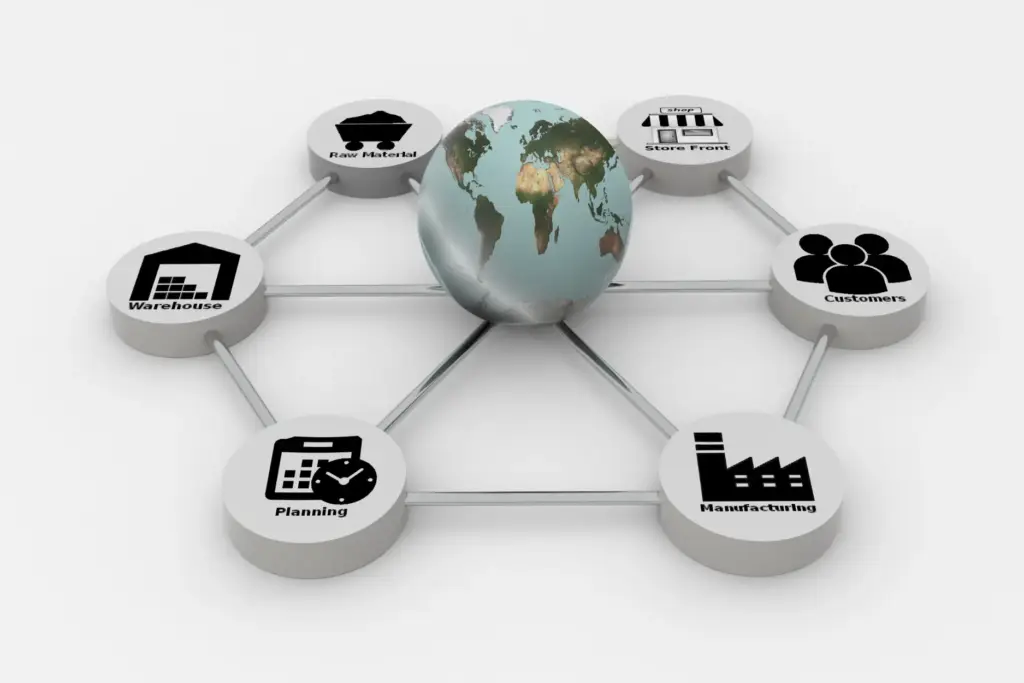
2. Legal and Business Transactions
Legal processes can often be slow, costly, and complex, but blockchain is simplifying this with the introduction of smart contracts. These are self-executing contracts where the terms are coded directly into the blockchain. Once all conditions are met, the contract is automatically enforced, cutting out the middlemen like lawyers or brokers. For example, in real estate transactions, ownership can be transferred seamlessly without needing traditional intermediaries.
This kind of automation is revolutionizing industries such as insurance, real estate, and even the music business by providing quicker, more secure ways to manage contracts and payments.
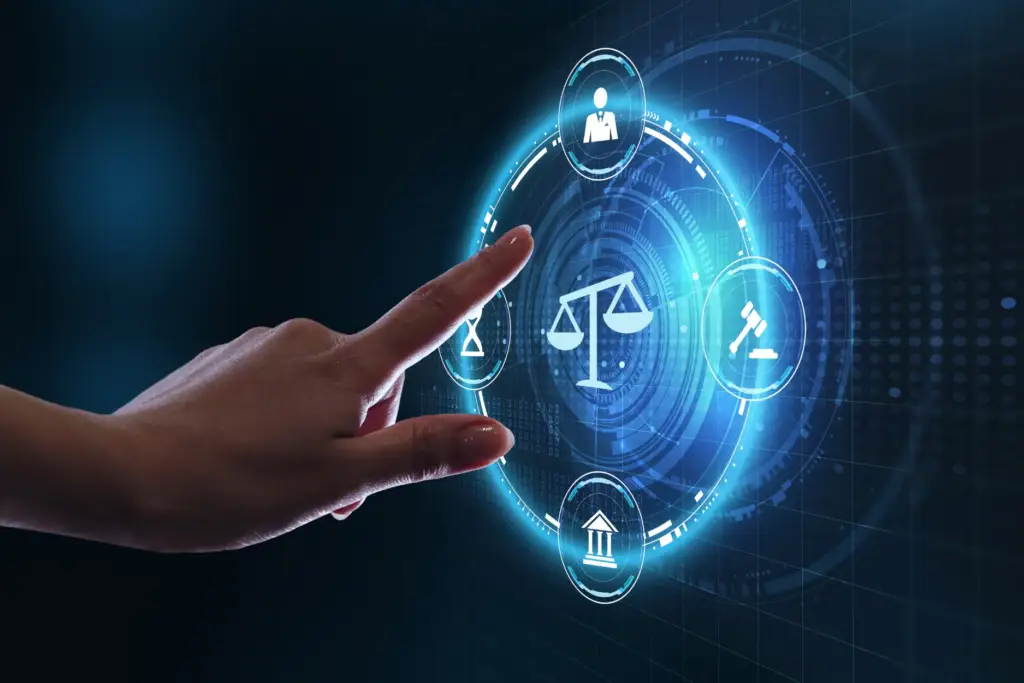
3. Healthcare and Medical Records Management
It’s a very well-known fact that the healthcare industry is struggling with proper data management; from data security and breaches to fragmented information across systems, blockchain can offer an alternative solution. By using a decentralized ledger, blockchain ensures that medical records are securely stored and easily accessible to authorized personnel while giving patients greater control over who has access to their sensitive information. This reduces the risks of data breaches and improves interoperability across healthcare providers. Furthermore, blockchain can optimize clinical trials, verify the authenticity of pharmaceutical products, and ensure the integrity of the supply chain, all while reducing costs and improving the overall experience.
4. Decentralized Finance (DeFi)
DeFi, also known as Decentralized Finance, is one of the most widely used concepts amongst the cryptocurrency enthusiasts. And this is not surprising, considering the immense opportunities this system brings to regular users. DeFi platforms enable users to access financial services like lending, borrowing, and trading without relying on traditional financial institutions like banks. These platforms operate on smart contracts, which automate transactions and reduce, sometimes even eliminate, the need for intermediaries. By lowering costs and increasing transparency, DeFi is opening up financial services to people who may not have access to traditional banking systems.
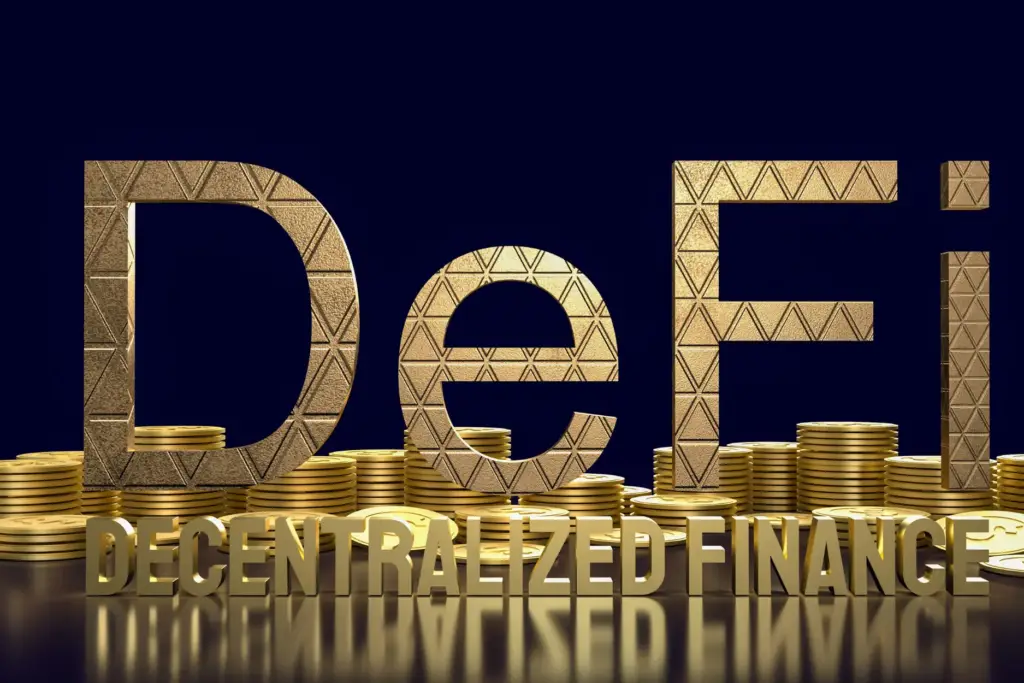
5. Voting Systems and Governance
Blockchain is being explored as a solution to modernize voting systems, offering enhanced security and transparency. With blockchain-based voting, each vote is recorded on an immutable ledger, preventing fraud while maintaining voter anonymity. “Although this has not yet been implemented on a large scale by official institutions, several governments and organizations are already experimenting with blockchain technology to make elections more secure and accessible.
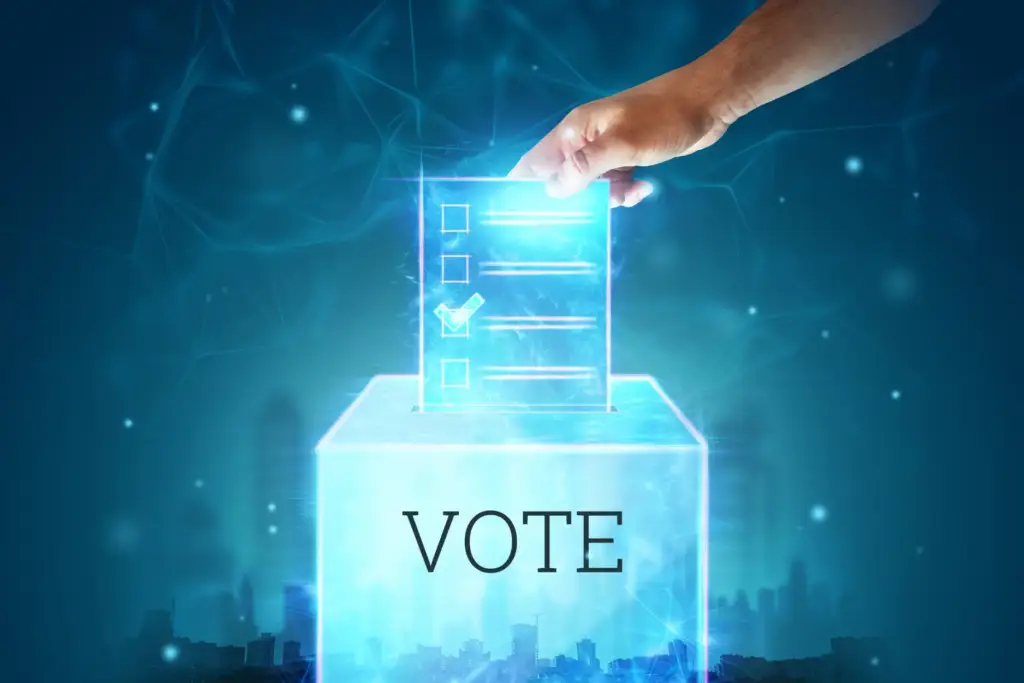
6. Asset Tokenization
Another exciting use of blockchain is the tokenization of real-world assets. Whether it’s real estate, art, stocks, bonds or commodities, blockchain allows these assets to be divided into smaller, digital tokens that can be bought, sold, or traded by anyone. This enables more people to invest in traditionally high-entry-cost markets, and blockchain ensures that ownership records are secure and transparent.
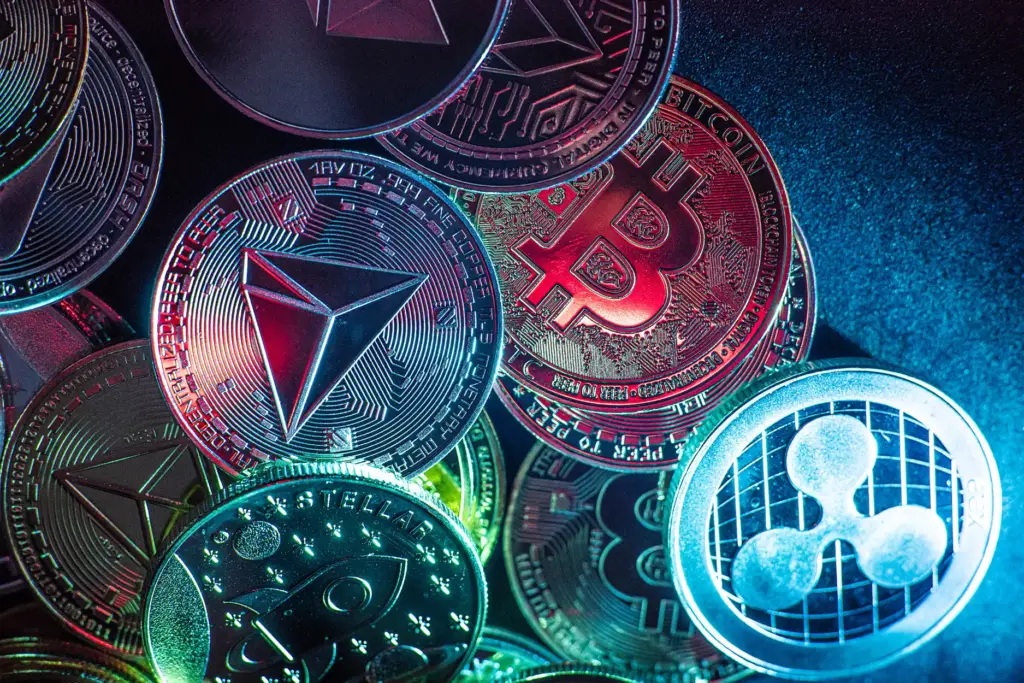
Conclusion
Blockchain technology’s potential reaches far beyond cryptocurrencies. From improving transparency in supply chains to revolutionizing healthcare and legal agreements, blockchain is reshaping industries worldwide. As this technology continues to evolve, it will likely unlock even more innovative applications, making business processes more secure, efficient, and transparent.
Parea Labs which is a part of the Muller Holding explores these use cases, industries are beginning to recognize that blockchain is not just a tool for digital currencies but a transformative technology with the power to disrupt traditional systems across various sectors.
